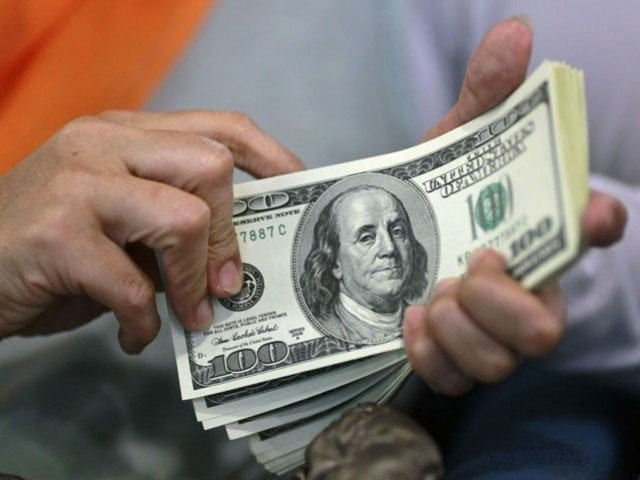ECC for rationalising remittance incentives
Approves SBP's proposals with directive to conduct impact, sensitivity analysis

The country's economic managers have called for rationalising home remittance incentive schemes in a bid to ease their cost burden on the government.
In a recent meeting of the Economic Coordination Committee (ECC), it was emphasised that a proper analysis of the incentive schemes needed to be made before any final decision could be taken on discontinuing them.
ECC members reached consensus that a proper transition plan should be drawn up in case it was agreed to gradually phase out such incentives since it could result in behavioural change.
The Finance Division briefed the ECC that the government had undertaken five initiatives to incentivise remittances, which were being executed by the State Bank of Pakistan (SBP) and the Pakistan Remittance Initiative.
The TT (telegraphic transfer) Charges Scheme is a flagship remittance incentive, which offers a zero-cost/free transfer model to the sender and receiver for the eligible remittance transactions. The current incentive model, approved by the ECC in August 2024, provides 20 Saudi riyal (SAR) reimbursement incentive for every transaction worth $100 and above, an additional per-transaction incentive of up to 10% of $100 million growth over the previous year, and a further per-transaction incentive of SAR 7 for growth exceeding 10% or $100 million over the previous year.
The SBP apprised the committee that home remittances received during July-May of fiscal year 2024-25 touched $34.9 billion, exhibiting an increase of 28.8%, or $7.8 billion, compared to the same period of FY24. With that momentum, the SBP expected the remittances to touch an unprecedented level of $38 billion by the end of June 2025.
However, with increased inflows, the corresponding cost/budgetary requirement rose exponentially. In FY25, the total cost of remittance incentives exceeded Rs200 billion, resulting in per-quarter cost of Rs50 billion for the government. Of the total cost, around 85%, ie, Rs170 billion (Rs42.5 billion per quarter), was under the TT Charges Scheme.
To rationalise the cost, the SBP has proposed changes in contours of the TT Charges Scheme, which include revising the minimum eligible transaction threshold from the existing $100 to $200 and the corresponding rebate from the existing variable rates to a flat rate of SAR 20 per eligible transaction.
In addition, the SBP has proposed that the Exchange Companies Incentive Scheme may be merged with the TT Charges Scheme, whereas the Marketing Incentive Scheme may be discontinued from FY26.
The SBP, while highlighting the risk of some deceleration in remittances, was of the view that their proposals were likely to result in a significant cost reduction to Rs88 billion in FY26 as compared to Rs206 billion in FY25. Furthermore, "to ensure lower costs, the revisions should become effective and be announced with effect from July 1, 2025; otherwise, the market may assume the continuation of the existing rates and features of the schemes."
Keeping in view the above proposals, the ECC's approval was solicited. To make such payments to banks, aggregators and exchange companies, it was highlighted that the Finance Division may chalk out a mechanism in consultation with the State Bank.
It was also suggested that a mechanism may be established for gradually phasing out the Remittance Incentive Schemes. In that regard, the SBP would propose and present an evidence-based plan by factoring in the cost-benefit analysis of the existing schemes, Raast integration with Buna and SAMA gateways, and strengthening controls vis-a-vis transfer of remittances through formal channels.
The ECC considered a summary titled "Proposal for Changes in Home Remittances Incentive Schemes" and approved the proposals with the directive that the Finance Division and State Bank would conduct a thorough impact and sensitivity analysis and would present a comprehensive transition plan for phasing out such incentive schemes.























COMMENTS
Comments are moderated and generally will be posted if they are on-topic and not abusive.
For more information, please see our Comments FAQ